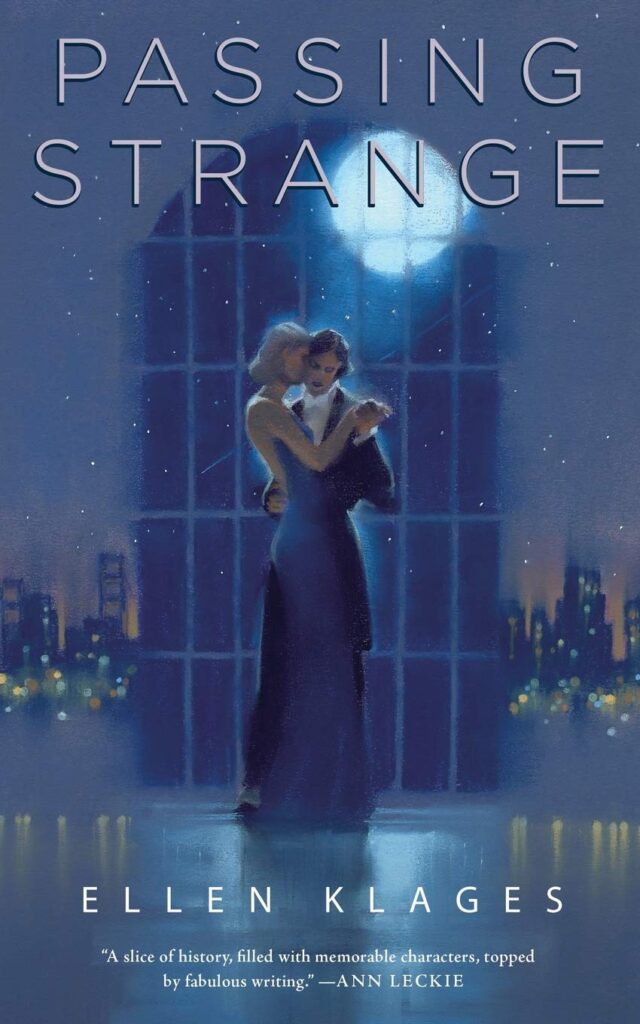
Genre: Historical Fiction
Audience: Adult
Series?: Standalone (?)
Rating: Not for me
For fans of: Downton Abbey, Call the Midwife, lyrical prose, Cersei Lannister, royal family special editions of US Weekly
Spoiler alert: I’m going to talk about the ending of Lying with Lions. Like, right now.
Ready?
Okay.
In the last 10% of Lying with Lions, the protagonist, Agnes Ashford, and her lover/patron, Lady Helen Bryant, are confronted with a terrible choice: either sacrifice Helen’s wealth and independence, or the crimes she and Agnes committed to protect it will be revealed to the public. Agnes feels torn between her survival instinct, her loyalty to Helen, and her conscience. Every scene raises the stakes until Agnes is driven into desperate action with real consequences.
It’s a satisfying ending to Annabel Fielding’s turn-of-the-century gothic drama. Unfortunately, it also seems to belong to a different draft than the previous 90% of the novel.
Fielding’s writing is sometimes confusing (with frequent tense shifts that I hope will be caught in a final edit before it’s released on the 20th), but it’s more often beautiful, even poetic. I frequently highlighted passages I found moving or insightful:
It was a careful labour of months, to insulate herself from the pain [of her father’s death]. The art of half-forgetting. She did it so thoroughly, drawing borders of cool sensibility from dawn to dusk.
Chapter 2
[Helen’s daughter] has always been a swallow darting in and out of Agnes’ life, smiling the way every girl learns to smile if she wants to see some kindness from the world.
Chapter 6
She, Agnes, had thought once that pain is something that happens. It is like a wave, she thought, to hit you and then recede back into the depths, and if one is steadfast enough, if one is serene and solid rock in the ocean, one could weather it.
But she was wrong. Pain seeps into our bones; it changes their shapes forever. It changes the colour of our blood.
Chapter 11
Agnes and Helen are complex, often unlikable women with both agency and power. It’s clear that their lives and personalities are based on real Edwardian women. Even when they’re reckless or cruel, their actions are logical and grounded in a way I should have found compelling.
Best of all, every detail of their world is consistent and (as far as I can tell) accurate. Fielding is a history blogger, and she cites dozens of texts as sources for this novel alone. It’s clear that it was important for her to give readers a sense of what it was like to live in Edwardian England, from politics to social norms to infrastructure and even lighting.
So why didn’t this book work for me?
I think my problem was almost entirely structural. Though it’s a single novel, the plot of Lying with Lions is unusually episodic. Agnes and Helen will recognize they have a problem. Agnes will (briefly, without much emotion) contemplate the problem for a few pages, while Helen develops a solution offscreen. Agnes will execute the solution. Then, we get an equal number of pages of sightseeing or current events. Repeat for 200 pages.
This structure doesn’t allow the kind of tension that keeps me reading until 2 in the morning. Instead, I felt discouraged from worrying about the characters, because the repeated pattern of problem, contemplation, quick and tidy solution lulled me into thinking nothing truly bad could happen to Agnes or Helen. Neither Agnes nor Helen even seemed to suffer from guilt or anxiety at any point, even when their solutions have body counts.
Even the romance between Agnes and Helen suffers from this structure. There is no time for yearning. There are no tender, playful moments between the couple. There are some sex scenes, but these are really only settings for the conversations in which Helen gives Agnes instructions and Agnes reports her results.
It’s clear that Helen values Agnes’s loyalty and obedience, but that’s about it. Helen takes what she wants from Agnes, and Agnes gives it without conflict or self-doubt or even much prolonged joy, just the satisfaction of a job well done.
Again, the ending of this book is fantastic, but it’s also confusing. Agnes suddenly does mind their body count. She does care about the impact of her actions on other people. She does want to do the right thing. Not because anything happened or she had a change of heart; it’s just presented as though this is the character Agnes has been the entire time. I wish it were.
I think readers who are primarily interested in historical fiction for the details of the setting will love Lying with Lions. I also think it could be adapted into an incredible movie or mini-series. The right actors, with the right on-screen chemistry, could make the relationship between Agnes and Helen really compelling. However, readers seeking a historical lesbian romance are likely to be disappointed by the novel.
Disclaimer
I received a free ARC from NetGalley in exchange for an honest review.
More Info
Publisher: Self published
Hardback Page Count: 233
Annabel Fielding blogs about history and historical fiction at History Geek in Town. You can also find her on Twitter.
You can preorder Lying with Lions (out June 20th) on Amazon.


